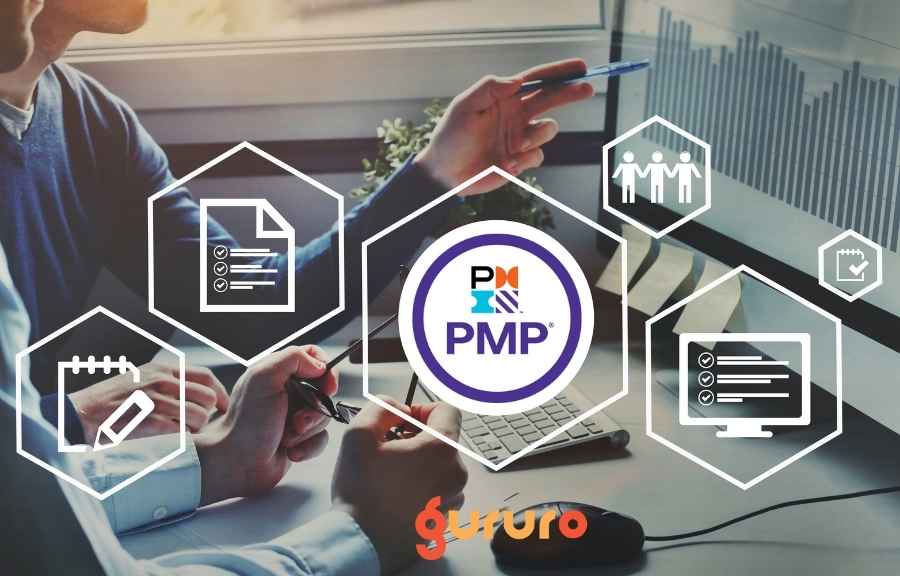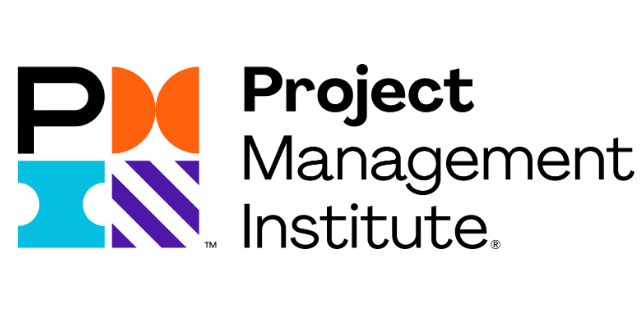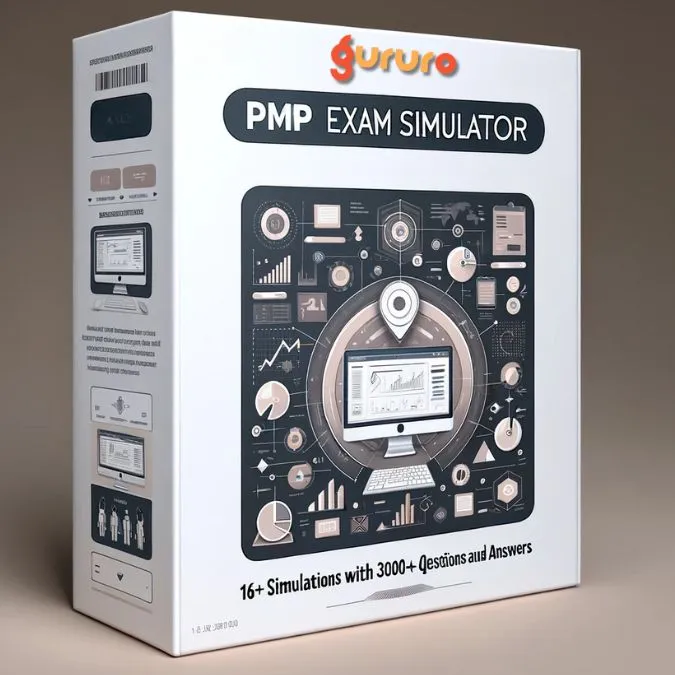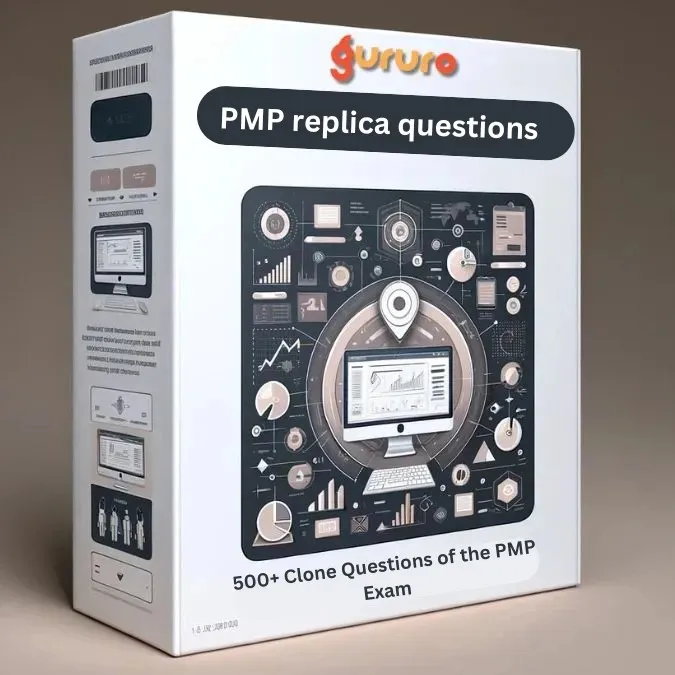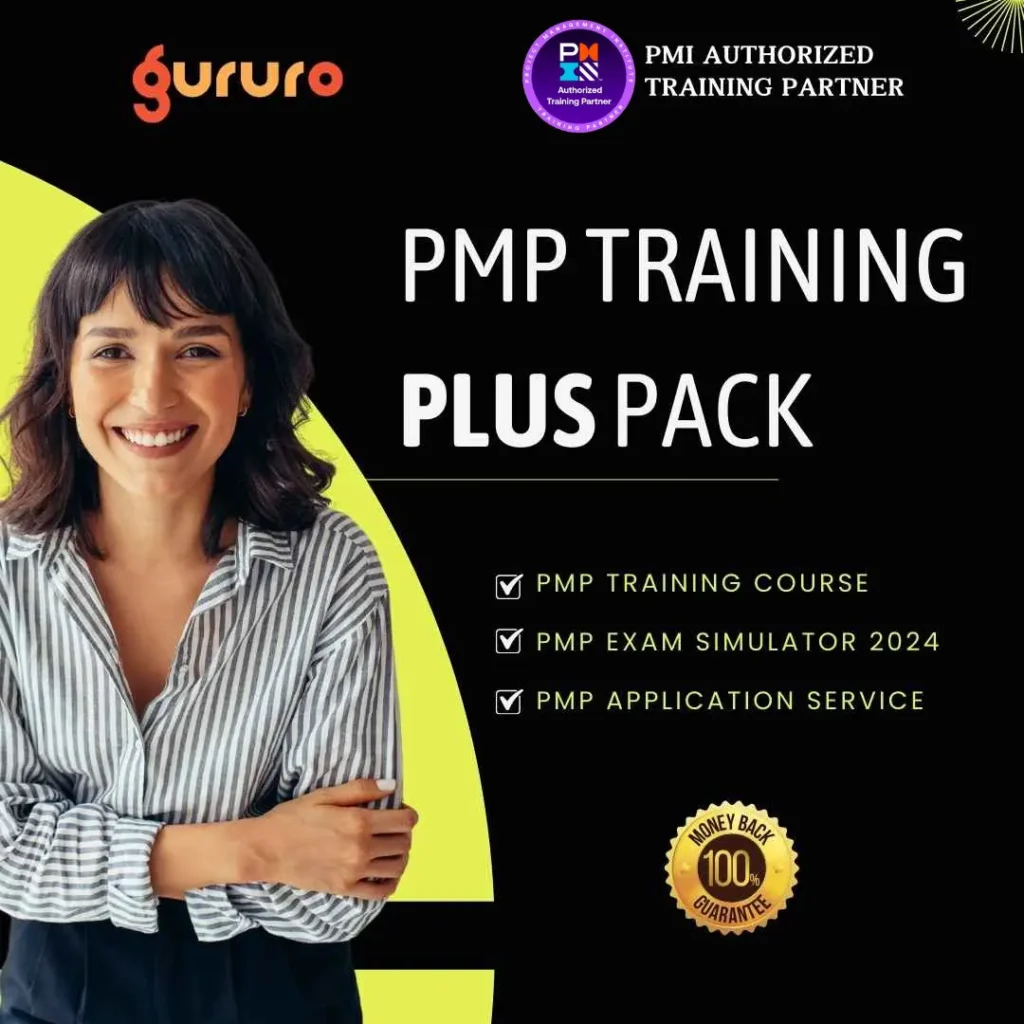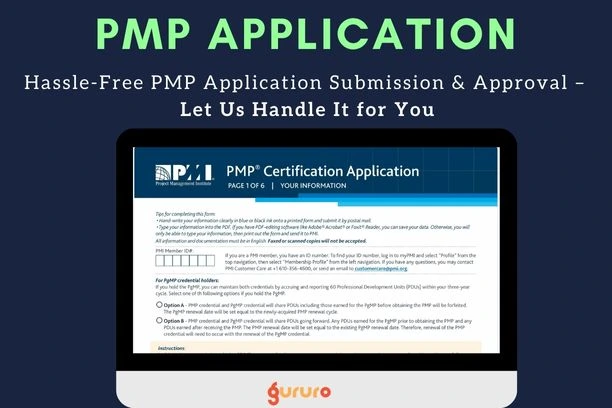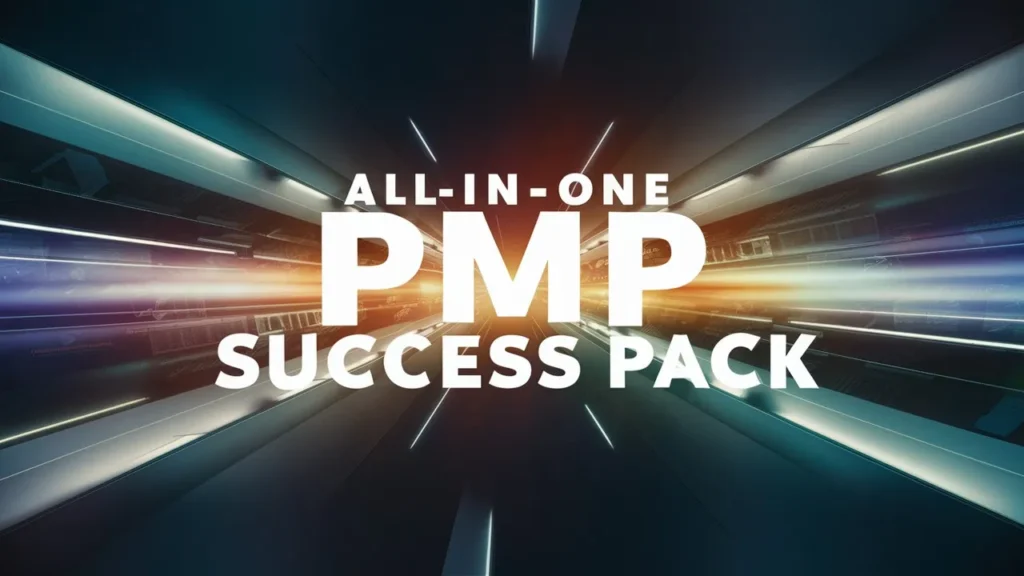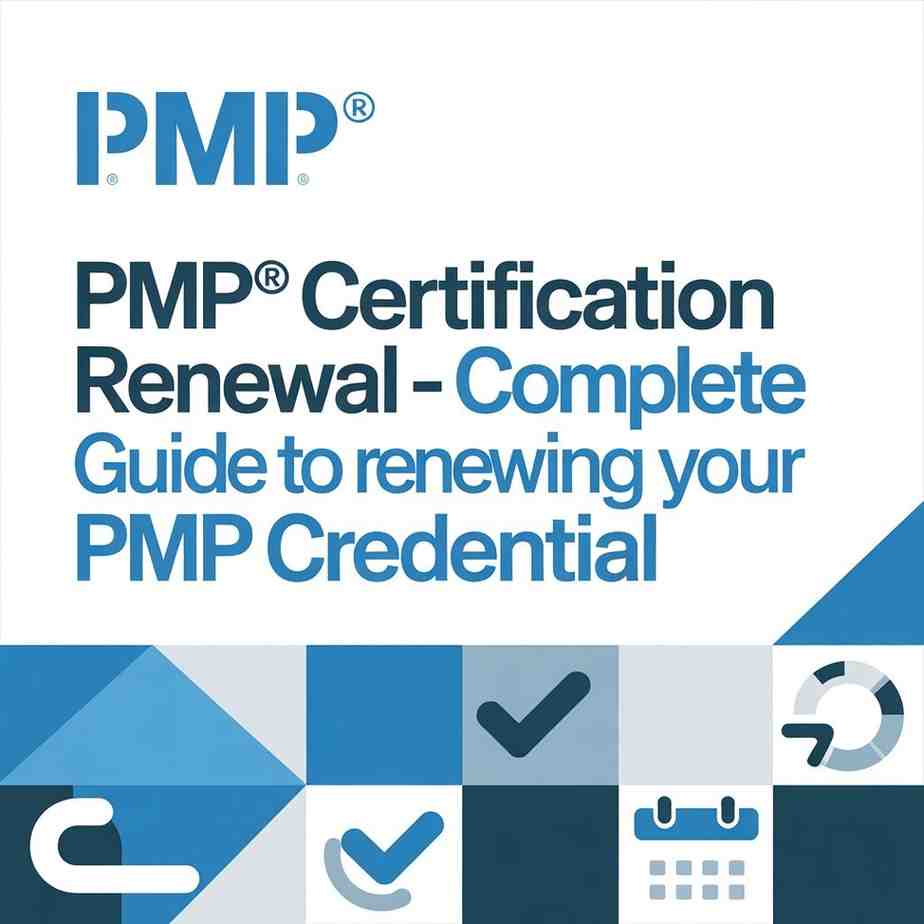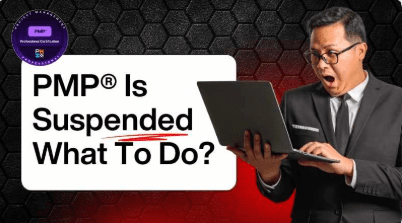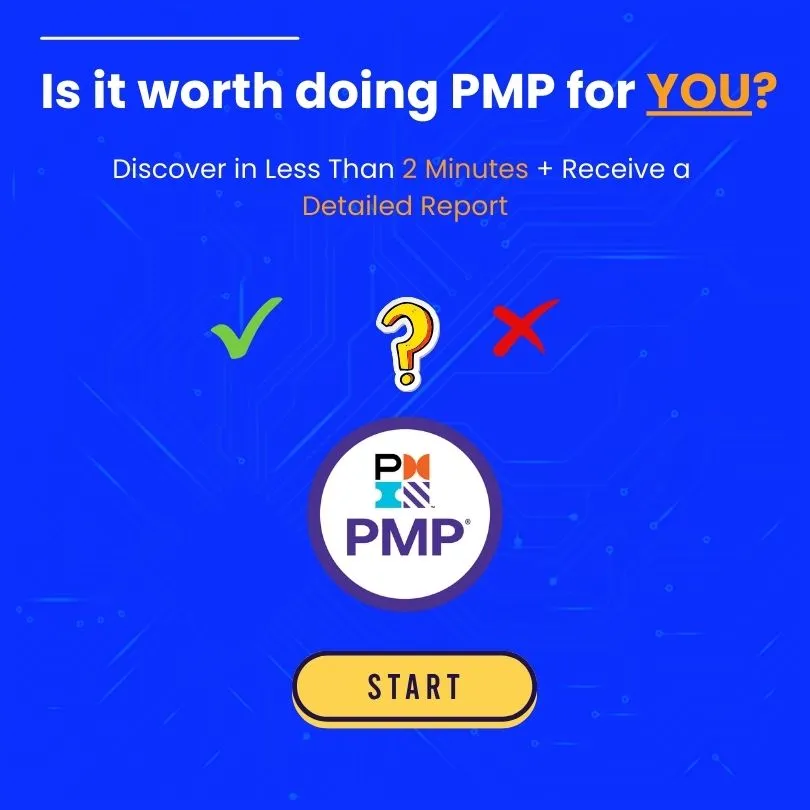You’ve dedicated countless hours to studying, mastering project management frameworks, and sharpening your skills. Now, you finally hold the coveted Project Management Professional (PMP) certification from the Project Management Institute (PMI)—congratulations! But what’s next?
Achieving your PMP certification is a significant milestone, but it’s just the beginning of your journey. To make the most of this prestigious credential, it’s essential to be strategic about how you use and build upon your new status. In this blog post “How to Make the Most of Your PMP Certification”, we’ll guide you through several key steps to maximize the value of your PMP certification. Let’s dive in!
1. Update Your Professional Profiles
Resume:
The first thing you should do is update your resume or CV to reflect your PMP credential. This addition instantly elevates your profile, showcasing your dedication to professional development and your expertise in project management. Make sure it is prominently displayed near your name, with a brief mention of the Project Management Institute (PMI) as the certifying body.
LinkedIn:
LinkedIn is one of the top platforms recruiters use to find qualified professionals. Ensure that your profile is up-to-date with your PMP certification. Adding this credential can attract opportunities, as recruiters often search for PMP-certified professionals for key project management roles. Also, consider updating the “About” section of your profile to highlight how your PMP certification has enhanced your skills.
E-mail Signature:
Adding “PMP” to your email signature is a subtle yet powerful way to showcase your achievement. This small change can make a lasting impression in your professional communications and indicate your commitment to the project management field.
2. Share the News
Don’t be shy about broadcasting your accomplishment. Share the news on professional networks and personal social media channels. Not only does this demonstrate your dedication and expertise, but it can also lead to new opportunities.
- Post on LinkedIn: Share your achievement with your network, and mention what the certification means for your career.
- Social Media: Announce it on other social media platforms like Twitter, Facebook, and Instagram. You never know who might notice—your connections, mentors, or industry peers may offer valuable advice or new opportunities.
3. Join a PMI Chapter
Joining a PMI chapter in your area can greatly expand your network and enhance your practical skills. PMI chapters provide a forum for knowledge-sharing, community-based projects, and networking events that can expose you to industry best practices.
- Benefits of Joining: Access to local events, workshops, and conferences that can further your learning and professional growth.
- Community Engagement: Actively participating in your local chapter enables you to build relationships, learn from others’ experiences, and engage in community projects to expand your portfolio.
4. Pursue Advanced Training
The world of project management is vast, and learning doesn’t stop at PMP. Consider pursuing advanced training and certifications to broaden your knowledge and expertise:
- PMI-ACP: If you’re interested in Agile practices, the PMI Agile Certified Practitioner (PMI-ACP) certification is an excellent next step.
- PgMP: For those aiming for program management, the Program Management Professional (PgMP) certification can open doors to higher-level roles.
- Continuous Learning: Stay updated on the latest trends through webinars, workshops, and conferences. Continuous education not only helps maintain your 60 Professional Development Units (PDUs) for PMP renewal but also enhances your industry knowledge.
5. Engage in Thought Leadership
Position yourself as an industry thought leader to maximize your PMP credential. Here’s how:
- Blogging: Share your insights and experiences in project management through blogging. Topics like project methodologies, risk management, and stakeholder communication can establish you as an expert.
- Public Speaking: Offer to speak at conferences, webinars, or workshops. Sharing your knowledge with others can boost your credibility and visibility in the industry.
- Mentoring: Become a mentor for aspiring PMP candidates or junior project managers. Mentoring not only contributes to the community but also refines your understanding of project management principles.
6. Network
Leverage your PMP status by attending industry events, seminars, and meetups. Networking provides valuable exposure to best practices, innovative ideas, and job opportunities.
- Industry Conferences: Attend PMI Global Conference and other relevant events to connect with fellow professionals.
- Networking Platforms: Participate in online forums, LinkedIn groups, and PMI community discussions to stay connected and informed about industry trends.
7. Seek New Opportunities
With a PMP certification, new doors open to higher managerial roles and more complex, rewarding projects. Use this credential to your advantage when seeking promotions or new job opportunities.
- Career Advancement: Apply for higher-level project management positions that align with your career aspirations.
- Explore Diverse Roles: Look into fields like program management, consulting, or project portfolio management, where PMP certification is highly valued.
8. Maintain Your Certification
To retain your PMP status, you need to earn 60 PDUs every three years. Here’s how:
- Reading: Engage in self-directed learning by reading books, articles, and research papers related to project management.
- Training: Attend training sessions, webinars, and conferences to gain insights and claim PDUs.
- Teaching: Offer workshops or training sessions to others. Teaching is a great way to solidify your knowledge while contributing to your PDU requirements.
Pro Tip: Use services like Gururo’s PMP renewal program to streamline the renewal process.
9. Apply Your Knowledge
Having the PMP title is just the beginning. To truly make an impact, actively integrate PMI’s best practices into your projects. Applying what you’ve learned will not only enhance your credibility but also increase your projects’ success rates.
- Implement Methodologies: Use PMI frameworks and methodologies, such as Agile or Waterfall, to optimize your projects.
- Focus on Results: Highlight your PMP skills by delivering successful projects that meet stakeholders’ expectations.
10. Collaborate
Connect with fellow PMP professionals to exchange knowledge, brainstorm solutions, and collaborate on challenging projects. Collaborative efforts often lead to innovative solutions and broaden your professional perspective.
11. Leverage PMP-Specific Job Boards
Use job boards tailored to PMP-certified professionals to find roles that specifically require or prefer the PMP credential. Examples include PMI’s Career Center and other niche recruitment agencies.
12. Advocate for the Profession
Promote the value of project management within your organization and encourage others to pursue the PMP certification. Advocacy not only raises the bar for project management practices in your company but can also create leadership and mentorship opportunities for you.
Conclusion: How to Make the Most of Your PMP Certification
Achieving your PMP certification is not the end but the beginning of a new journey. To maximize the value of your credential, focus on continuous learning, networking, thought leadership, and applying PMI best practices. By following these strategies, you can position yourself as an industry expert and leverage your PMP to unlock new career opportunities.
Keep leading, keep learning, and keep growing!

